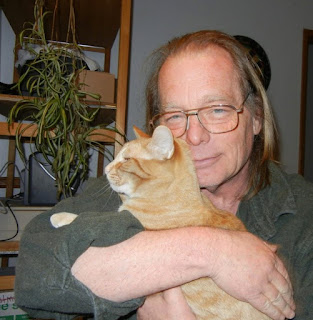FROM ARTHUR
I know it's a crappy planet out there these days, but if you're in need of a film that's nothing more but perfectly nothing less than escapist entertainment, you '' do well with the Korean film on Netflix called Pirates: The Last Royal Treasure, which, for those of you with low expectations, is far better than the last several efforts of a certain Disney franchise.
Like a similarly themed film from several years ago simply called The Pirates, this one features beautiful people playing dress up, in a swashbuckling romp with typical lovable but annoying rogues and, of all things, murderous penguins. You read it here first. Murderous penguins. (And I thought the penguins doing Lord of the Flies in a shopping mall on Eek the Cat was boss.)
The violence, considering the number of people being slashed to death, is nearly bloodless, and the filmmakers have a good eye for phsyical comedy. Plus, our heroine, or her stunt double, demonstrates great form during some of her leaps.
Unfortunately, when it's over, it's still a crappy planet out there. This film could be the next best thing to leaving it.


